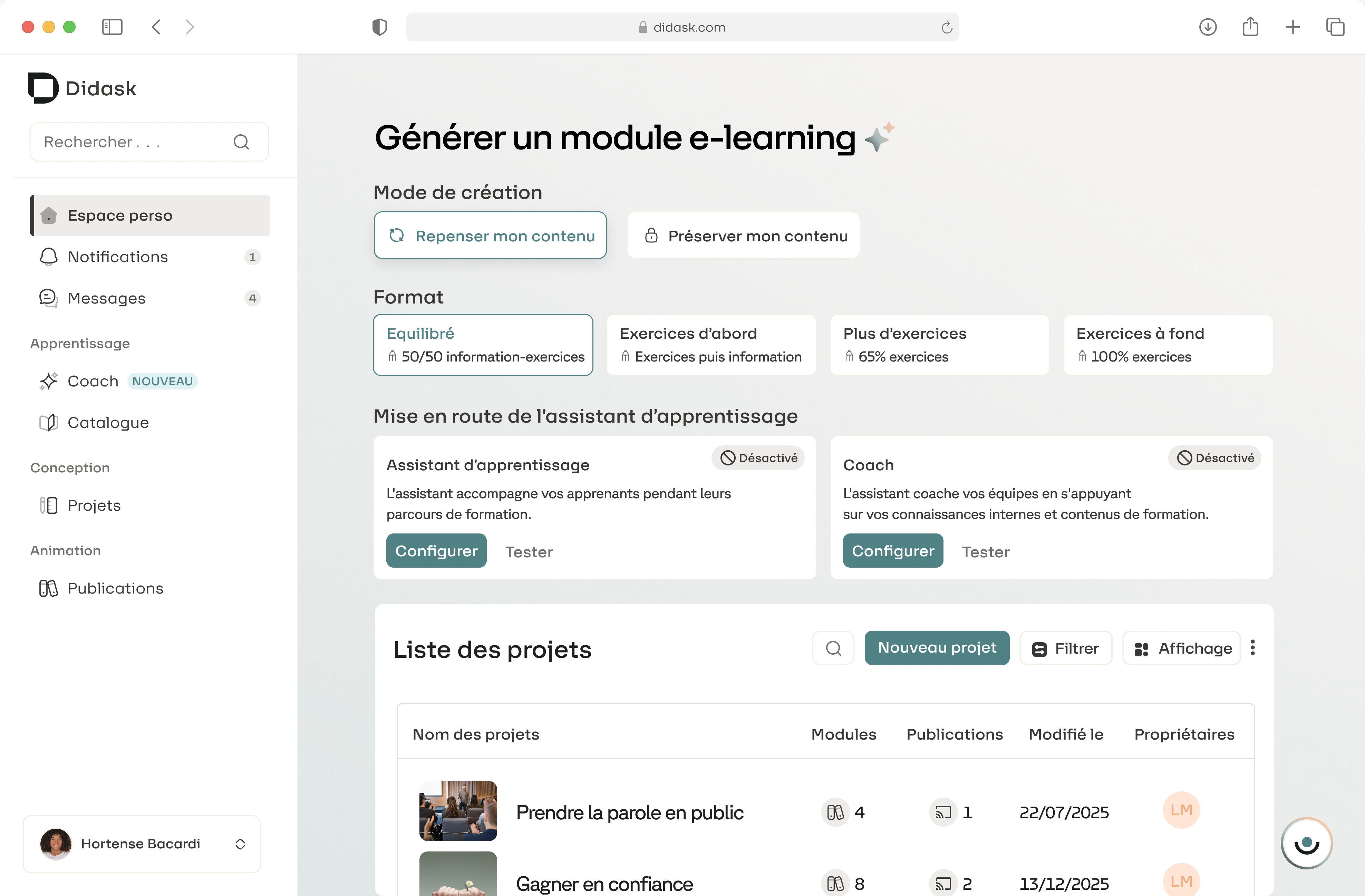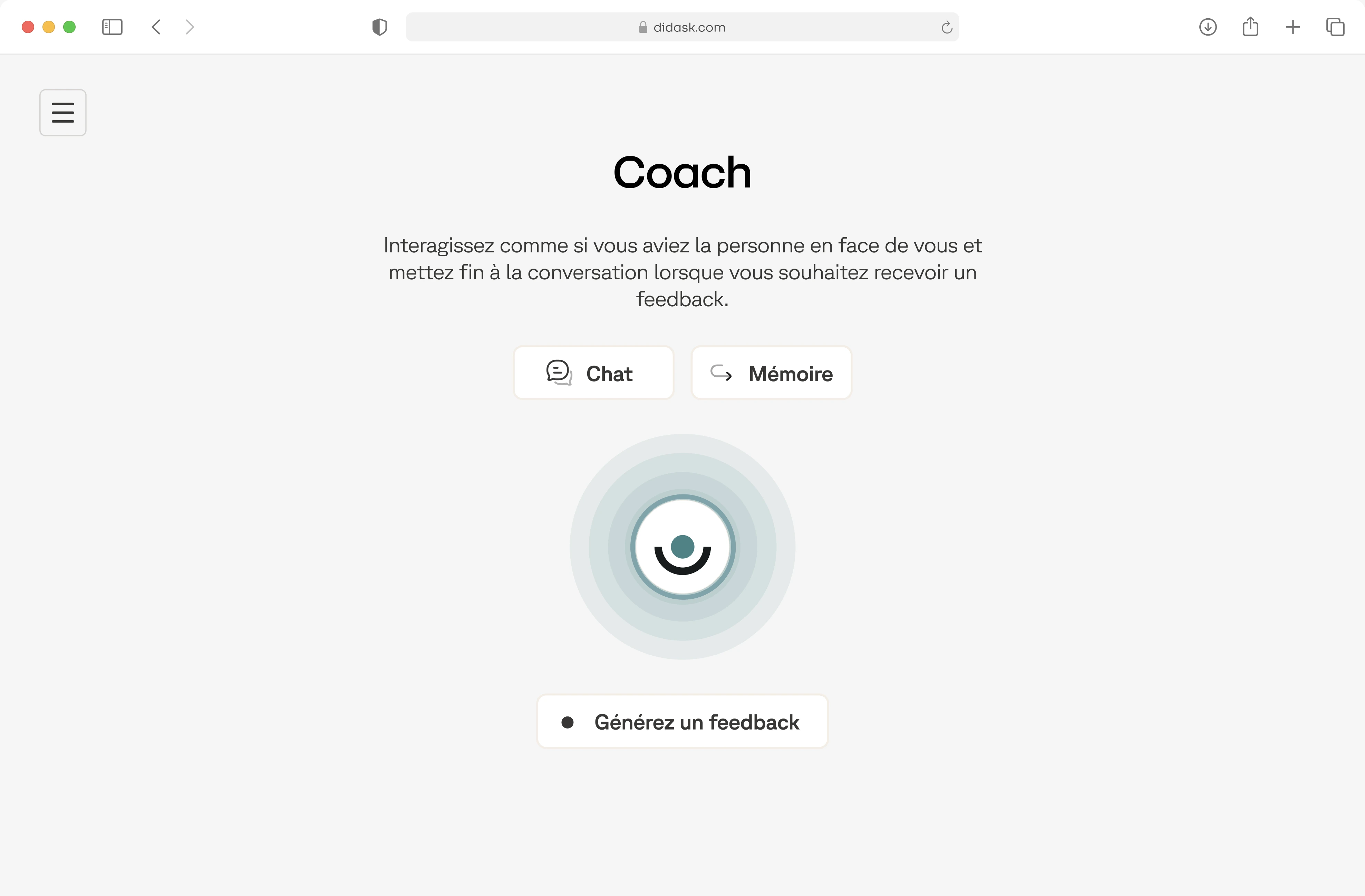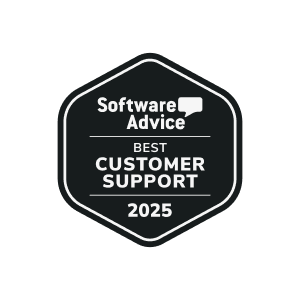In a world of work that is constantly changing, Know how to acquire skills is becoming essential to remain competitive and relevant. For companies as well as for training organizations, effectively supporting the professional development of employees is no longer an option, but a strategic necessity.
This article guides you through the issues, methods, and tools for structure a sustainable skills acquisition process and adapted to the realities on the ground.
Understand what it means to “acquire skills”
Building skills is more than taking courses or earning degrees. It is a active process of learning, experimenting and anchoring that is sustainable. In a professional context, it is a question of empowering employees more autonomous, efficient and agile facing the challenges of their position, technological developments or even market transformations.
There are generally several steps in this process:
- Awareness of the skills to be developed;
- Apprenticeship through structured training or in a work situation;
- Practical application to anchor knowledge;
- The evaluation to measure the actual acquisition.
For companies and training organizations, supporting this learning journey is becoming a major strategic challenge.
Why is skills development an essential tool?
Investing in skills is Focus on the future of the company As much as on the individual success of employees.
Responding to the rapid evolution of jobs
Automation, digital transition, AI, new ways of working... Jobs are changing at high speed. For stay competitive, companies must allow their employees to adapt and reinvent themselves constantly. The acquisition of new skills is therefore essential for anticipate future needs.
Better recruit and retain talent
Suggest opportunities for Increase in skills is a powerful tool for attracting, engaging and retaining the best profiles. A well-thought-out vocational training policy gives meaning to the career of employees and reinforces their motivation.
Improving overall performance
The more skilled employees are, the more able they are to solve problems, collaborate effectively, and take initiative. The development of skills therefore makes it possible toincrease individual performance, but also organizational agility at the team or company level.
Promoting long-term employability
Finally, acquiring new skills throughout your career also means preparing for the future. The logic of Reskilling or skills assessment is crucial for secure career paths and avoid situations of incompetence in the face of market developments.
What skills should you develop in business?
Not all skills have the same impact depending on the job: you still need to know which ones to develop first to meet the challenges of your organization.
Hard skills: technical skills
The Hard Skills correspond to knowledge specific to a profession or a function (software, programming languages, accounting, project management...). They are often the first to be the subject of targeted training.
Soft skills: behavioral skills
Ability to communicate, work in a team, demonstrate leadership, or manage stress: these Soft Skills (or human skills) are now as important as technical skills. Elles promote cohesion, management and quality of life at work.
Cognitive and metacognitive skills
Learning to learn, to self-assess and to adapt quickly to new contexts: these are key skills for evolve in complex environments. These skills strengthen autonomy and the ability to learn continuously.
Transversal skills
Certain skills, such as interpersonal communication, collaboration, collaboration, critical thinking, or problem solving, are useful in all areas of activity. They must be integrated into all training path.
Effectively support the acquisition of skills
Training is not enough: you still need to structure relevant support to transform learning into real operational skills.
Building paths adapted to business objectives
For training to be effective, it must be contextualized: meet a clear professional objective, be rooted in the daily life of the employee and propose concrete activities. That presupposes good understand skills needs linked to each position or project.
That's where tools like the come in Author tool or the LMS, which allow you to create tailor-made courses, perfectly aligned with the challenges of each company.
Activate the right educational levers
Among the best methods for promote the rapid and sustainable acquisition of skills :
- Learning by doing;
- Personalized feedback;
- The microlearning, to learn at your own pace;
- Guided self-training, via an AI assistant;
- The Adaptive learning, which adjusts the content according to the level and progress of the employee.
These teaching methods allow a better commitment, a better memorization and a real transformation of behaviors at work.
How does Didask help you acquire skills effectively?
The training platform Didask is designed to meet these challenges of increasing skills with aA scientific and effective approach to learning.
An approach based on cognitive science
Thanks to his Educational AI, Didask offers content designed for promote memory anchoring and practice. Each learning sequence has a concrete professional objective.
An LMS platform designed for efficiency
The lms tool Didask makes it possible to precisely monitor learners' progress, to build personalized courses and to deploy scalable and impacting training courses throughout the company.
Tools adapted to the needs of trainers
The integrated authoring tool facilitates the creation of tailor-made content, without technical skills, while respecting the best teaching practices. Trainers and HR managers can thus quickly adapt their content to Didask training catalog or create 100% personalized training courses.
Human and technological support
The AI assistant integrated supports each learner, identifies the blocking points, offers adapted content and promotes progressive and motivating self-traininge.
Acquire business skills is no longer a simple HR lever, it is a real challenge for organizational transformation. Faced with the complexity of jobs and the acceleration of changes, only companies that will know how to create a continuous learning culture will remain competitive.
With its innovative LMS platform, its powerful tools and its approach rooted in cognitive science, Didask allows companies and training organizations to make each training a real learning experience, useful, sustainable and focused on operational impact.










.png)